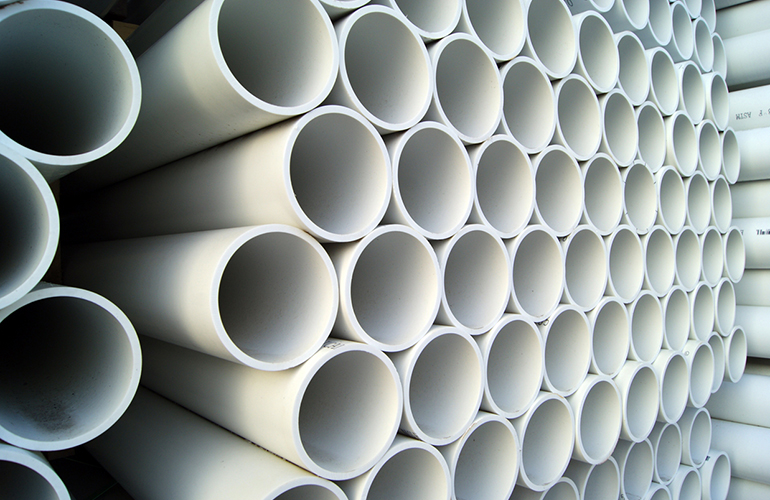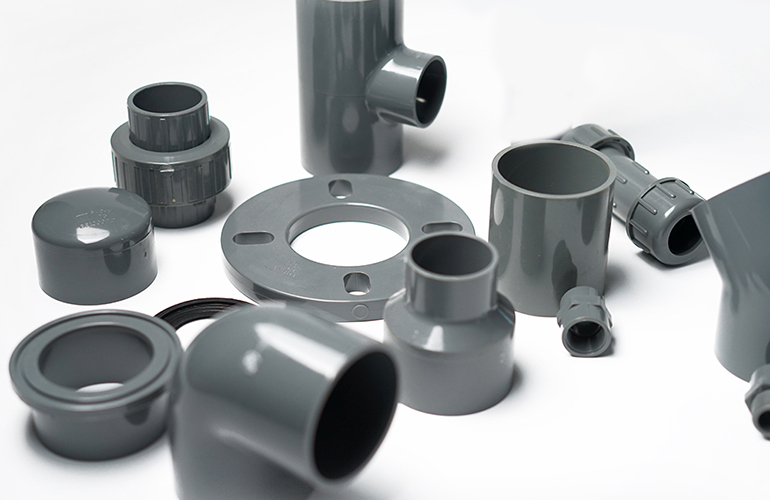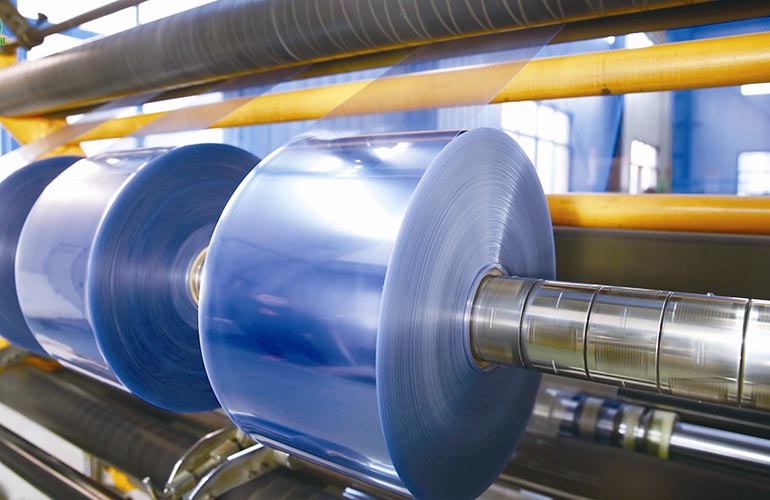Introduction:
In the production and processing of PVC pipe fittings, the choice of additives plays a crucial role in determining the quality and performance of the final product. Two commonly used additives for PVC processing are organic tin formulations and calcium-zinc formulations. In this article, we will compare the advantages and disadvantages of these two formulations in the context of producing rigid PVC granules for downstream PVC pipe fittings.
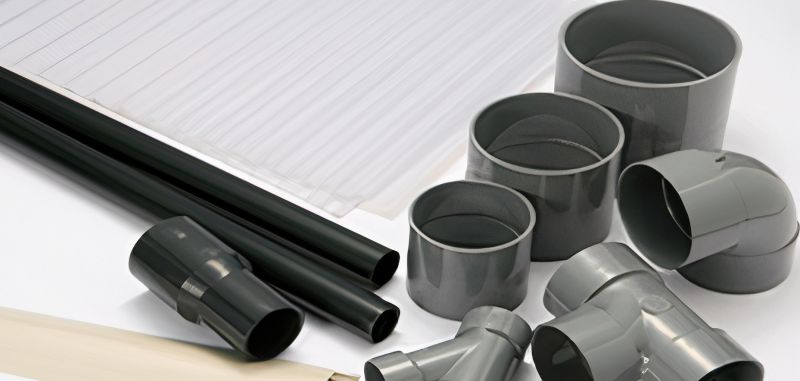
Organic Tin Formulation:
Organic tin formulation refers to the use of organic tin-based compounds as heat stabilizers & lubricants in the production of PVC. This formulation has been widely used in PVC processing due to its excellent heat stability and lubricating properties.
Some of the advantages of organic tin formulation in the production of PVC pipe fittings include:
1.Enhanced heat stability: Organic tin compounds act as efficient heat stabilizers, preventing thermal degradation of PVC during processing. This results in improved processing performance and reduces the chances of degradation-related defects in the final product.
2.Superior lubrication: Organic tin compounds also exhibit excellent lubricating properties, which facilitate the flow of PVC melt during processing. This leads to better mold filling and improved surface finish of the PVC pipe fittings.
On the other hand, there are a few disadvantages associated with the use of organic tin formulation, including:
1.Environmental concerns: Some organic tin compounds, such as organotins, are known to be toxic and harmful to the environment. Their use has been regulated or banned in certain regions due to environmental and health risks.
2.Cost: Organic tin compounds can be more expensive compared to other stabilizer formulations, increasing the overall production cost of PVC pipe fittings.

Calcium-Zinc Formulation PVC Compound:
Calcium-zinc formulation, as the name suggests, involves the use of calcium and zinc salts as heat stabilizers in PVC processing. This formulation offers an alternative to organic tin compounds and has gained popularity in recent years. The advantages of calcium-zinc formulation in the production of PVC pipe fittings include:
1.Improved environmental profile: Calcium-zinc compounds are generally considered to be more environmentally friendly compared to organic tin compounds. They have lower toxicity and pose fewer risks to human health and the environment.
2.Cost-effectiveness: Calcium-zinc formulations are often more cost-effective than organic tin formulations. This can help reduce the production cost of PVC pipe fittings and make them more competitive in the market.
However, calcium-zinc formulation also has a few drawbacks:
1.Heat stability limitations: Calcium-zinc stabilizers may not offer the same level of heat stability as organic tin compounds. Consequently, there might be a higher risk of thermal degradation during processing, which can affect the quality of the PVC pipe fittings.
2.Processing challenges: The lubricating properties of calcium-zinc stabilizers may not be as effective as those of organic tin compounds. This can lead to challenges in mold filling and potentially impact the surface finish and dimensional accuracy of the final products.
Introduction:
In the production and processing of PVC pipe fittings, the choice of additives plays a crucial role in determining the quality and performance of the final product. Two commonly used additives for PVC processing are organic tin formulations and calcium-zinc formulations. In this article, we will compare the advantages and disadvantages of these two formulations in the context of producing rigid PVC granules for downstream PVC pipe fittings.
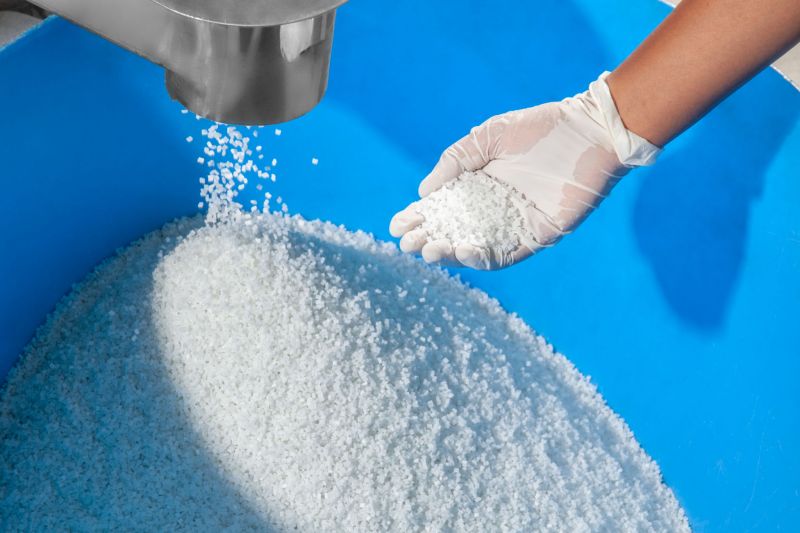
Conclusion:
When choosing between organic tin formulation and calcium-zinc formulation for the production of rigid PVC granules in PVC pipe fittings processing, it is important to consider the specific requirements, cost considerations, and environmental concerns. Organic tin formulation offers enhanced heat stability and superior lubrication but has environmental and cost implications. Calcium-zinc formulation provides a more environmentally friendly and cost-effective option but may have limitations in terms of heat stability and processing challenges. Ultimately, the choice of formulation depends on the specific needs and priorities of the manufacturer.
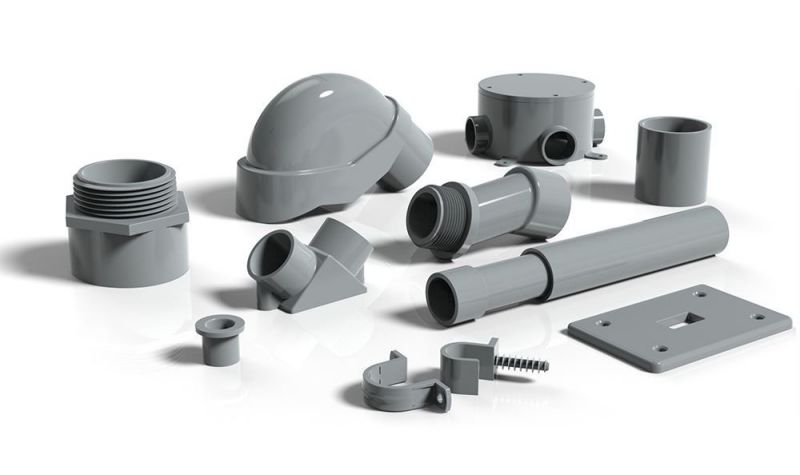
Post time: Sep-19-2023



